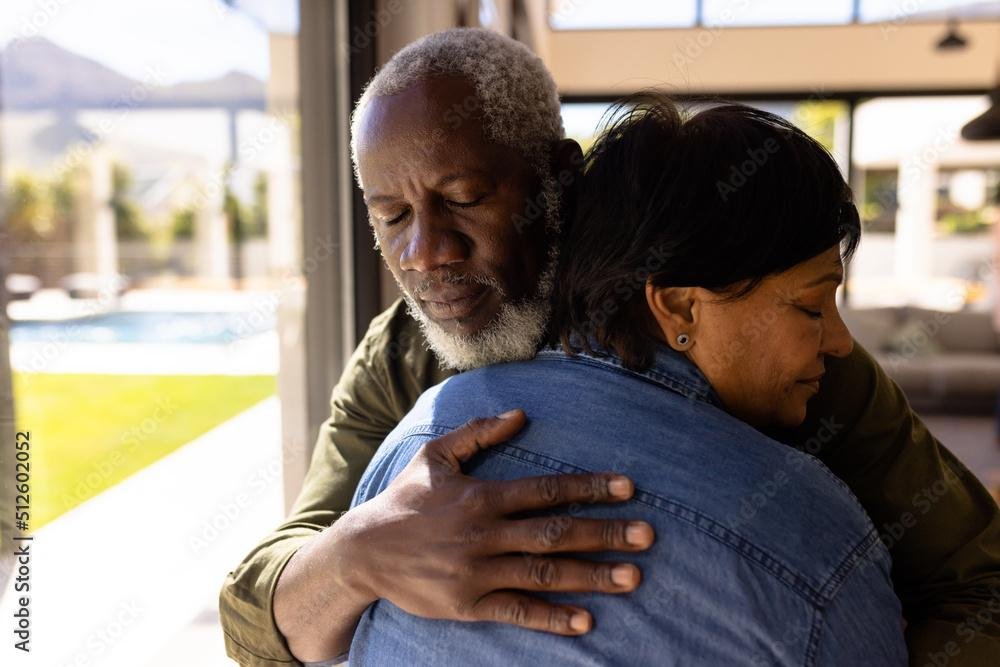Relationship
Why do you want to get married? – Part 3

We continue our exploration into the motivations behind the decision to say ‘I do’. In Parts 1 and 2 we have already discussed the influence of age (I’m growing old; therefore, I have to marry), societal pressures (My family, friends and society are putting pressure on me to marry), peer influence (My friends are all marrying; I am the only one who is not yet married), and the desire for a wedding ring (I need to wear a wedding ring too).
In Part 3, we delve into the dynamics of marrying someone you have been with for an extended period of time, the belief that marriage will resolve relationship issues, and the desire to host a big wedding party.
Whether you are joining us for the first time or have been follow ing along, let us continue exam ining the reasons some people get married. These include (stated in their own words):
5. We have been together for too long; I have to marry him (or her)
“We have been together for too long; I have to marry him (or her)” is one of the common reasons peo ple get married to their partners.
This will be a step in the right direction if only you have taken the time to establish whether or not your decision of getting married to that person is the best option for you and your future.
This is important because we have seen so many unhealthy and abusive relationships which have lasted for several years without the couples going their separate ways.
Imagine going ahead to marry the abuser simply because of the years of being together.
6. If I marry my partner, the problems in our relationship will stop
Know that marriage by itself will not make these problems you are experiencing in your relationship disappear.
In fact, these problems almost always get worse after marriage. If there are crucial issues which need to be addressed and resolved, do not sweep them under the carpet in the hopes that they will disappear after you get married.
That scarcely happens if it does at all. Getting married is not the antidote to problems in your relationship.
You need to talk about all im portant issues openly before mar riage. Neither the marriage ceremony nor the marriage itself will eliminate the issues or the effects of your disagreements.
If these issues seem too difficult or threatening to handle alone, then consider booking an appointment with a professional relationship and marriage counsellor, or pastor in certain cases.
Counsellor Prince & Associates Consult (CPAC) is also available to assist couples who are facing such issues in their relationships.
7. I want to host a big wedding reception and party as well
Although it is not evil or wrong to have a nice wedding reception and party; yet, you must under stand that marriage is far weightier than just a party or reception.
Parties are okay and even some times fun, but marriage is definite ly not just about a day’s event. Marriage is a completely different matter.
It has to do with the rest of your life; every day, all the time, even when you don’t feel like it. Marriage is a serious business. And hopefully it is sometimes fun too, but, truly, weddings have less to do with the marriage itself.
Relationship
How to Navigate Social Media Boundaries as a Couple
Navigating social media boundaries as a couple can be tricky. With constant access to each other’s lives online, it’s essential to establish clear boundaries to maintain a healthy relationship. Here are practical tips to help couples manage social media use effectively.
1. Have an Open and Honest Conversation
The first step is to talk openly with your partner about social media usage and how it affects your relationship. Honest conversations may feel challenging, but they are essential for understanding each other’s perspectives and setting mutually acceptable boundaries.
2. Be Specific
When discussing boundaries, be clear about the behaviors that bother you and the limits you’d like to set. For example, instead of saying, “You spend too much time on social media,” try:
“I feel neglected when you are on your phone for extended periods during our conversations. Can we set a limit on phone usage during quality time together?”
3. Be Considerate
Consider and respect your partner’s viewpoint. Setting boundaries is not about controlling each other; it’s about creating balance and fostering trust in the relationship. The goal is to maintain connection without letting social media interfere with your bond.
4. Agree on Social Media Etiquette
Social media etiquette guidelines can help couples define what is and isn’t acceptable online behavior. Discuss whether you will follow each other, what kinds of photos you’ll post, and how you will interact with others online. Clear guidelines help prevent misunderstandings and maintain respect.
5. Respect Each Other’s Privacy
Respecting privacy is crucial. Avoid snooping on your partner’s accounts, sharing personal information without consent, or posting photos or updates that may make them uncomfortable. Trust and respect form the foundation of a healthy digital relationship.
6. Don’t Use Social Media as a Measure of Your Relationship
Remember that social media often shows a curated “highlight reel” of other people’s relationships. Avoid comparing your relationship to these selective portrayals. Every relationship is unique, with its own challenges and successes. Focus on what makes your bond special rather than online comparisons.
Conclusion
Setting boundaries on social media is key to nurturing a healthy, happy relationship. Open communication, mutual respect, agreed-upon etiquette, and avoiding comparison with others online are all vital steps in maintaining intimacy and trust in the digital age.
Source: Arkansas Relationship Counselling Centre
Relationship
Vulnerability, Openness Strengthen Relationship Bond

In the realm of romantic relationships, vulnerability and openness are often misconstrued as signs of weakness. However, research in psychology and relationship counselling suggests that embracing vulnerability can be a powerful catalyst for deepening emotional intimacy and strengthening bonds.
The Power of Vulnerability
Vulnerability involves sharing our innermost thoughts, feelings, and desires with our partner, making us susceptible to potential hurt or rejection. Yet, it is precisely this openness that allows us to build trust, foster empathy, and create a sense of safety in our relationships.
When couples prioritise vulnerability, they often experience a profound shift in their relationship dynamics. For instance, a couple I counselled, who were struggling to connect after a recent move, found that sharing their fears and anxieties with each other helped them rebuild their emotional intimacy. By being open about their struggles, they were able to support each other and strengthen their bond.
Benefits of Vulnerability and Openness
- Deeper understanding: By sharing our thoughts and feelings, we gain a deeper understanding of ourselves and our partner.
- Increased empathy: When we are open about our struggles, our partner is more likely to respond with compassion and support.
- Resilience: Vulnerability helps us develop coping mechanisms and learn to navigate challenges together.
- Authentic connection: By being our authentic selves, we create a sense of mutual understanding and connection.
Cultivating Vulnerability in Relationships
So, how can we cultivate vulnerability in our relationships? Here are some practical tips:
- Start small: Begin by sharing your thoughts and feelings in low-stakes situations, like discussing a book or movie. As you become more comfortable, you can gradually share more personal aspects of yourself.
- Practice active listening: When your partner shares their vulnerabilities, respond with empathy and understanding. This helps create a safe space for open communication.
- Be present: Focus on the present moment and try to let go of distractions. This allows you to stay engaged and responsive to your partner’s needs.
- Show appreciation: Express gratitude for your partner’s vulnerability and celebrate their courage in sharing their thoughts and feelings.
In many successful relationships, couples have reported that regular “check-ins” or meaningful conversations help them stay connected and build a stronger bond. By prioritising vulnerability and openness, these couples are able to address life’s challenges together, fostering a deeper sense of connection and intimacy.
Vulnerability and openness are essential components of a healthy, fulfilling relationship. By embracing these qualities, we can build stronger, more resilient bonds with our partners. As we navigate the complexities of relationships, let us remember that vulnerability is not a weakness, but a strength that can bring us closer to ourselves and our loved ones.
To be continued…
Source: Excerpts from “COURTSHIP MATTERS: Keys to a Fulfilling Lasting Marriage” by Rev. Counselor Prince Offei (Lecturer, Published Author, Mental Health Professional, and Marriage Counsellor).
Order the book now:
ORDER BOOK NOW:
https://princeoffei22.wixsite.com/
author https://princeoffei22.wixsite.com/website
COUNSELOR PRINCE & ASSOCIATES
CONSULT (CPAC COUNSELLOR TRAINING
INSTITUTE)






